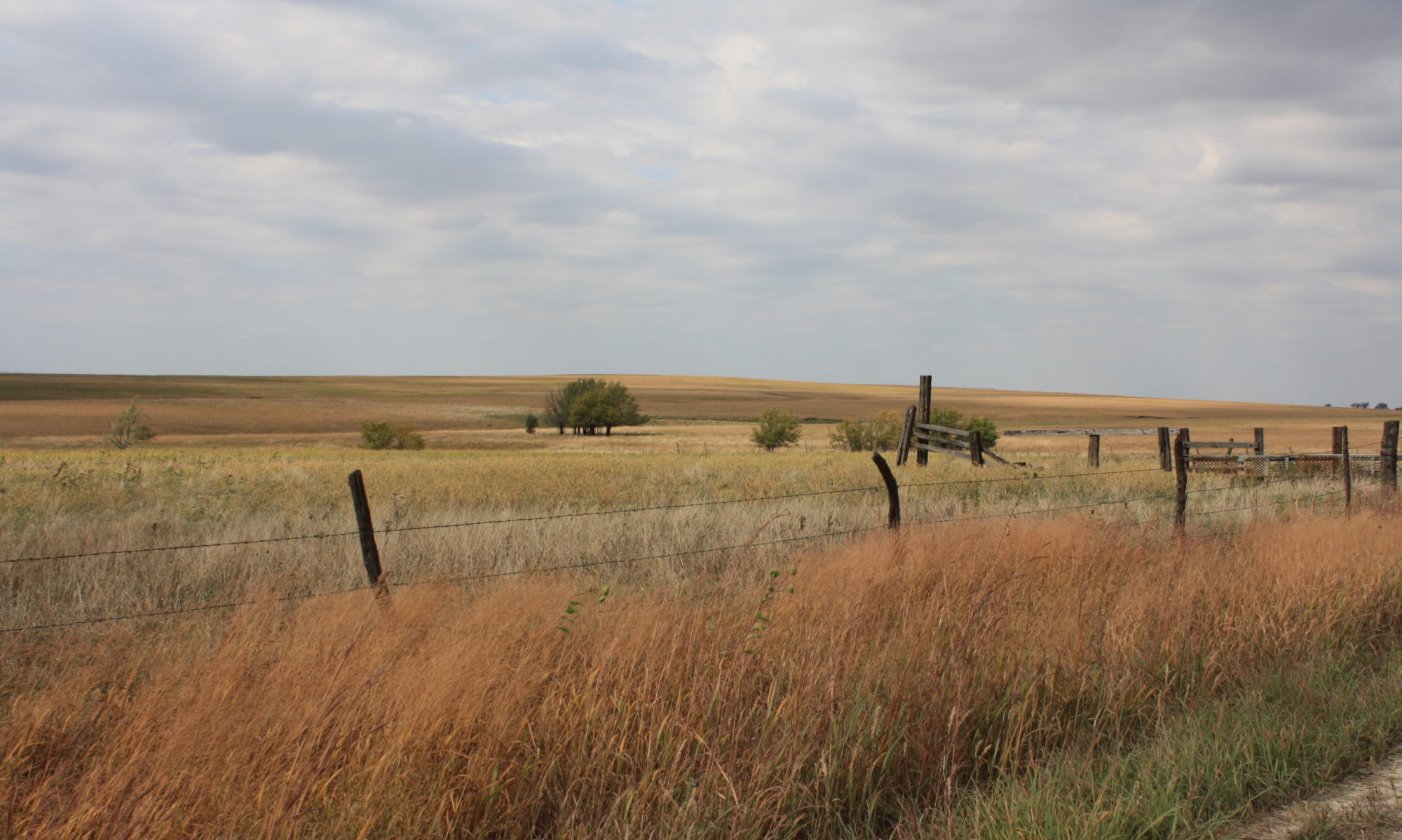
On Christmas day, 1863 during the height of the Civil War, William Wadsworth Longfellow, the most popular poet of the day and the author of such famous poems as Evangeline and Paul Revere’s Ride, found himself in Washington, DC. Longfellow was both sad and tired. His wife, the love of his life, had died two years earlier and Longfellow still bore the scars on his face from the burns he suffered in his futile attempt to save her. The country was in the midst of the brutal Civil War that pitted friends and neighbors, fathers and sons against each other. Finally, on November 27th, his oldest son, Charles, was wounded in a battle of the Mine Run Campaign in Virginia.
Longfellow was in Washington, DC to meet his son who had been transported there. It was uncertain if Charley, who had been wounded in the shoulder with the bullet passing very close to his spinal cord, would be paralyzed as a result or even survive at all.
Imagine the pain and uncertainty Longfellow must have been experiencing at that time. Things were uncertain not only in his own personal life, but the future of the nation was at stake at well. Yet, in the midst of the chaos surrounding him, Longfellow heard the ringing of bells, and he was once more reminded of the promise of the season.
“I heard the bells on Christmas Day
Their old, familiar carols play,and wild and sweetThe words repeatOf peace on earth, good-will to men!”
In addition to the verses that are normally sung at Christmas time, Longfellow’s poem included two stanzas referencing the war with the south and how the cannon sound was drowning out the sound of carols, which led him to become bereft of any hope.
“And in despair I bowed my head;
“There is no peace on earth,” I said;“For hate is strong,And mocks the songOf peace on earth, good-will to men!”
I don’t know if Washington, DC was in the throes of ice and snow like that the nation is experiencing this year, but the future at that point in time appeared to be very bleak and dreary. Eventually however, his thoughts of despair were replaced with the promise of this season.
“Then pealed the bells more loud and deep:
“God is not dead, nor doth He sleep;The Wrong shall fail,The Right prevail,With peace on earth, good-will to men.”
>Here we are at Christmas, over a hundred and fifty years later and we find ourselves once again surrounded by hopelessness and despair. Anger still festers from the results of the election, the uncertainty of a new president hovers around us while the thoughts of the refuges from the war in Syria are not far from our hearts and minds. But just as in Longfellow’s time, hope is still to be heard. Hope is heard in the bells of the Salvation Army, collecting funds to provide food, toys for children and gifts for shut-ins. Hope is heard in the many organizations and businesses that provide gifts to families that would otherwise go without. Hope is heard in the CASA volunteers, in teachers who make sure that their students are taken care of and in the organizations that make sure that children have a safe environment. Hope is heard at Auspision, Hetlinger, and all of the other organizations that provide services for those developmentally challenged.
Look around you and you will see that the bells are still pealing out the song of “Peace on Earth, good-will to men”!
